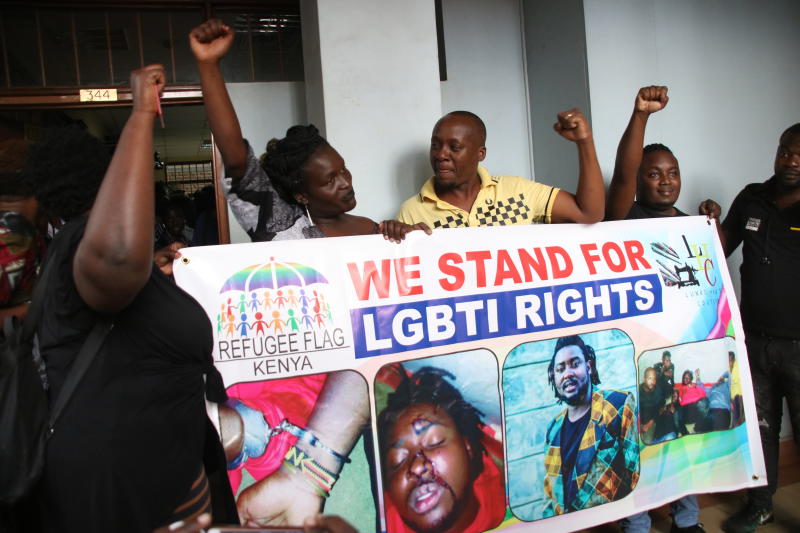
Members of the gay community have had big losses recently. The first blow was the death of the acclaimed writer, Binyavanga Wainaina, who was gay. Then there was last week’s High Court judgement which dismissed a petition that sought to decriminalise same sex unions. In January 2014, Binyavanga went public about his gay status, with his already-high profile as a writer serving to give huge publicity to his declaration. In a country where homosexuality is only whispered about, Binyavanga’s action came to be viewed as courageous even though he also attracted condemnation.
While members of the gay community have previously used litigation as a means of defining and advancing their interests, the case leading to last week’s judgement was the subject of unprecedented public attention. That attention was increased by successive postponements by the High Court of the judgement date.